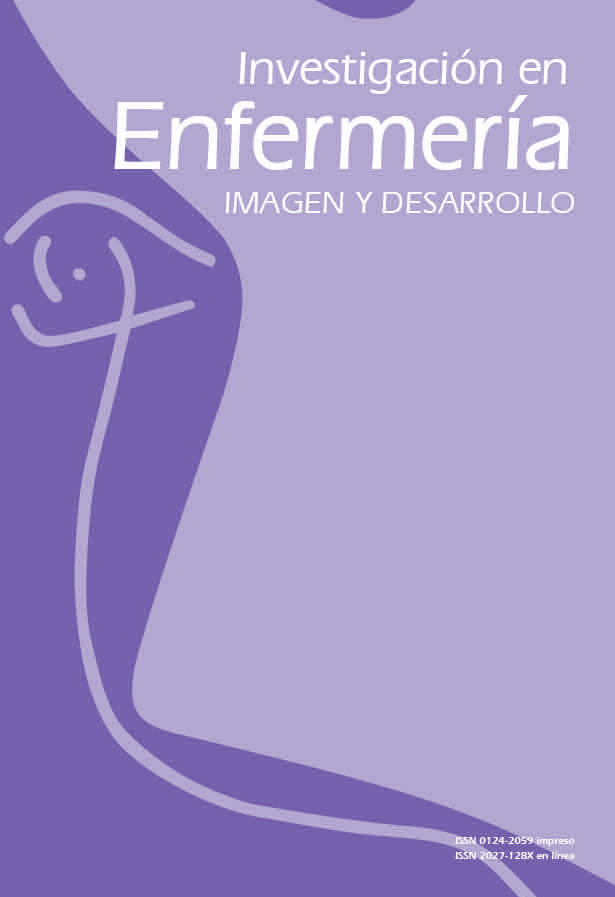Resumen
Objetivo: Identificar las percepciones de las madres acerca de su periodo postparto. Método: Estudio exploratorio y descriptivo con enfoque cualitativo realizado con 10 mujeres adscritas a la Estrategia Salud de la Familia de Lagoa dos Cavalos, Macaíba, Brasil. Mujeres de 18 años de edad o más, entre 10 y 45 días después del parto, con adecuadas condiciones físicas y emocionales. Los datos fueron recolectados a través de entrevistas semiestructuradas y organizados conforme a la técnica de análisis de contenido, de Bardin. Este proceso dio lugar a una categoría central: aspectos desfavorables para el bienestar de las mujeres durante el puerperio. Además de dos subcategorías: mitos y tabúes relacionados con la atención puerperal y malestares durante el puerperio. Resultados: En esta nueva fase, las entrevistadas percibieron algunos sentimientos que fueron considerados adversos y que generaron aspectos desfavorables para el bienestar de la madre. Conclusión: Se cree que los resultados de este estudio han proporcionado información que podrán favorecer la planificación de las acciones de enfermería dirigidas a mejorar la calidad de la atención a la madre en la Estrategia Salud de la Familia. También es necesario que haya el apoyo de los familiares y amigos, así como una atención calificada por parte de los profesionales de salud, para hacer frente a los cambios emocionales negativos resultantes de la maternidad en lo que atañe al posparto.
La revista Investigación en Enfermería. Imagen y Desarrollo se encuentra registrada bajo la licencia Creative Commons Reconocimiento 4.0 Internacional. Por lo tanto, esta obra se puede reproducir, distribuir y comunicar públicamente en formato digital, siempre que se reconozca el nombre de los autores y a la Pontificia Universidad Javeriana. Se permite citar, adaptar, transformar, autoarchivar, republicar y crear a partir del material, para cualquier finalidad (incluso comercial), siempre que se reconozca adecuadamente la autoría, se proporcione un enlace a la obra original y se indique si se han realizado cambios. La Pontificia Universidad Javeriana no retiene los derechos sobre las obras publicadas y los contenidos son responsabilidad exclusiva de los autores, quienes conservan sus derechos morales, intelectuales, de privacidad y publicidad.
El aval sobre la intervención de la obra (revisión, corrección de estilo, traducción, diagramación) y su posterior divulgación se otorga mediante una licencia de uso y no a través de una cesión de derechos, lo que representa que la revista y la Pontificia Universidad Javeriana se eximen de cualquier responsabilidad que se pueda derivar de una mala práctica ética por parte de los autores. En consecuencia de la protección brindada por la licencia de uso, la revista no se encuentra en la obligación de publicar retractaciones o modificar la información ya publicada, a no ser que la errata surja del proceso de gestión editorial. La publicación de contenidos en esta revista no representa regalías para los contribuyentes.


